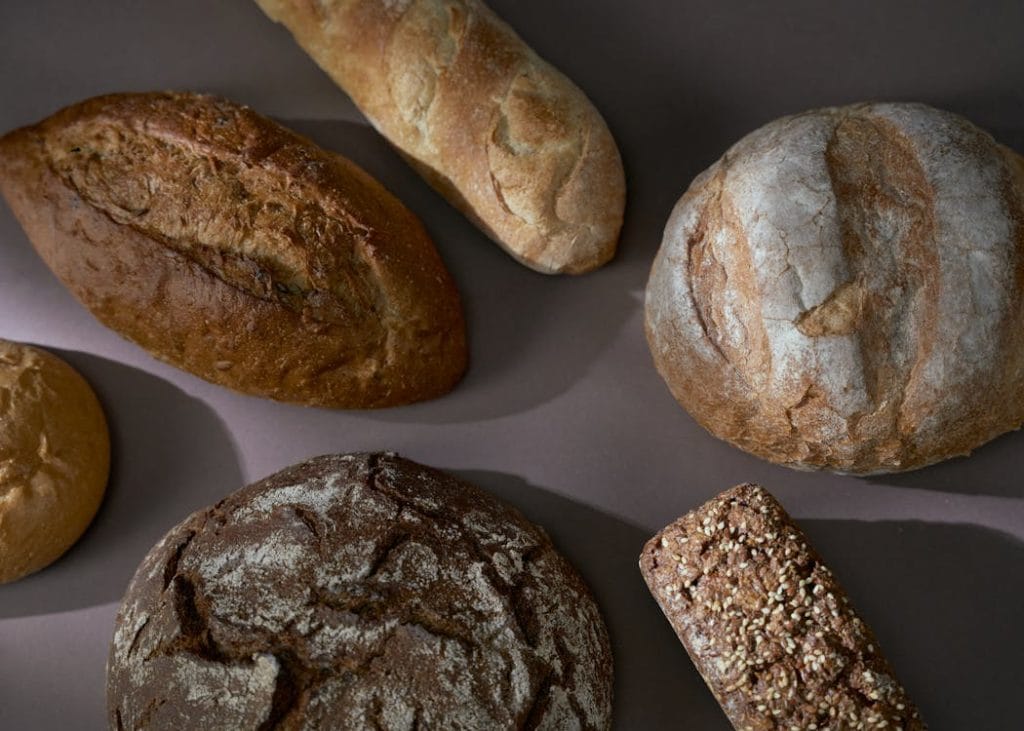
As awareness of gluten-related health issues grows, more people are seeking information on gluten and its effects on the body. In this comprehensive guide, we’ll explore foods high in gluten and why you should avoid them, particularly focusing on gluten-free foods in South Africa.
What is Gluten and Why is it Harmful?
Gluten is a protein found in wheat, barley, rye, and their derivatives. For most people, gluten is harmless. However, for individuals with gluten sensitivity, celiac disease, or wheat allergy, consuming gluten can cause various health issues. Gluten sensitivity can lead to digestive problems, fatigue, headaches, and other symptoms, while celiac disease triggers an autoimmune response that damages the small intestine.
What Gluten Foods Should I Avoid?
To maintain a gluten-free diet, it’s essential to know which foods to avoid. Here is a list of foods high in gluten:
- Wheat-Based Foods: Bread, pasta, cereals, cookies, cakes, and pastries.
- Barley Products: Beer, malt, soups, and malted milk.
- Rye Foods: Rye bread, rye beer, and some cereals.
- Processed Foods: Many sauces, dressings, gravies, and processed meats contain gluten as a thickener or filler.
- Certain Snacks: Crackers, chips, and some candy.
What Does High Gluten Do to Your Body?
For those with gluten sensitivity or celiac disease, consuming high gluten foods can lead to:
- Digestive Issues: Bloating, gas, diarrhea, and constipation.
- Nutrient Deficiencies: Damage to the small intestine can hinder nutrient absorption.
- Chronic Fatigue: Ongoing inflammation and malabsorption can lead to fatigue.
- Autoimmune Responses: In celiac disease, gluten triggers an immune response that attacks the intestine.

What Foods are Highest in Gluten?
Some of the highest gluten-containing foods include:
- Wheat Flour Products: Bread, pasta, pastries, and baked goods.
- Barley-Based Foods: Malted milk, beer, and certain soups.
- Rye Products: Rye bread, rye crackers, and some cereals.
- Seitan: A popular meat substitute made entirely of gluten.
Do Oats Have Gluten?
Oats themselves do not contain gluten, but they are often processed in facilities that handle gluten-containing grains, leading to cross-contamination. For a gluten-free diet, choose oats labeled as “gluten-free,” ensuring they were processed in a gluten-free facility.
Do Potatoes Have Gluten?
Potatoes are naturally gluten-free. However, be cautious of processed potato products, like fries or chips, which may contain gluten additives or be fried in oil that has been used for gluten-containing foods.
Gluten-Free Foods in South Africa
In South Africa, the availability of gluten-free foods is increasing. Some popular options include:
- Naturally Gluten-Free Grains: Rice, quinoa, and maize.
- Gluten-Free Labeled Products: Available in major supermarkets and health stores.
- Fresh Fruits and Vegetables: All are naturally gluten-free and essential for a balanced diet.
- Proteins: Meat, fish, eggs, and dairy (unless processed with gluten-containing additives).
Gluten Sensitivity Foods to Avoid
In addition to high-gluten foods, individuals with gluten sensitivity should be cautious of:
- Processed Foods: Read labels to avoid hidden gluten.
- Restaurant Meals: Ask about gluten-free options and cross-contamination practices.
- Condiments and Sauces: Many contain gluten as a thickening agent.
What foods are high in gluten?
Foods high in gluten include wheat-based products (bread, pasta, baked goods), barley-based foods (beer, malt), rye products (rye bread), and processed foods with gluten additives.



